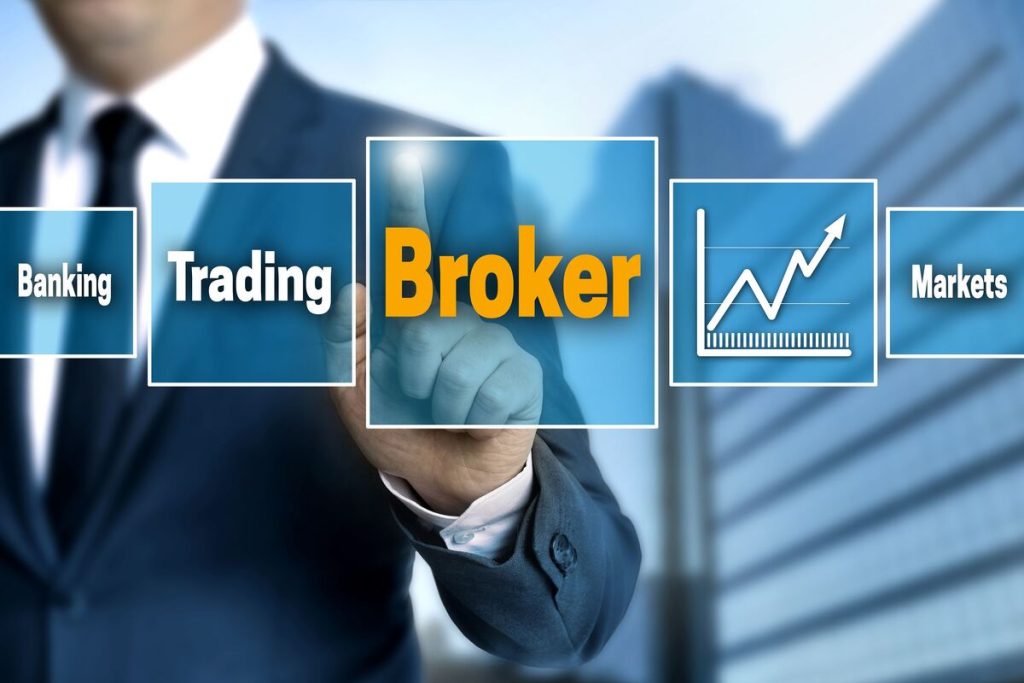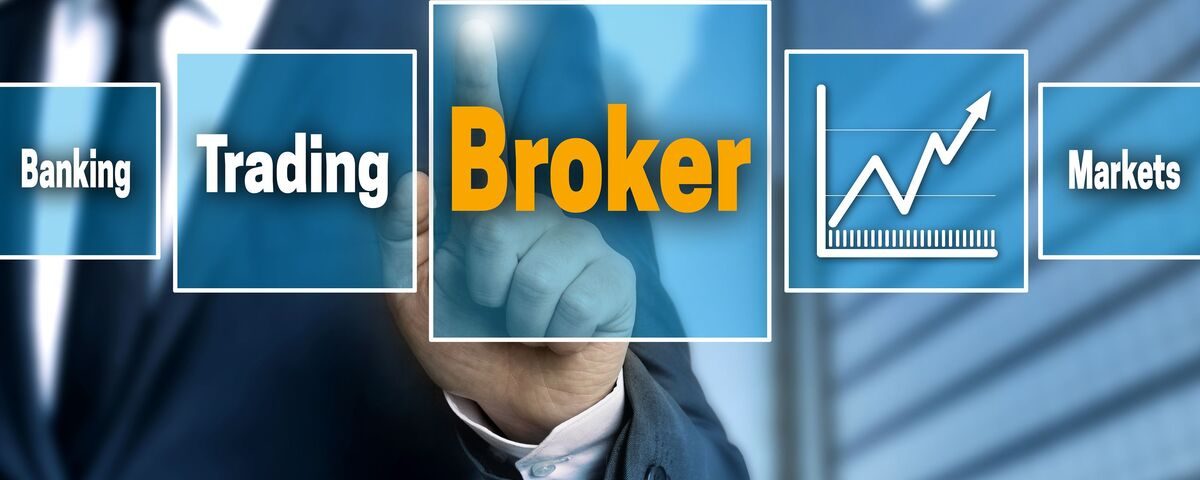
Common Forex Trading Mistakes: A Comprehensive Guide
14/07/2024
Forex Demo Accounts: Practice Without Risk
14/07/2024How to Choose a Forex Broker: A Comprehensive Guide
Introduction to Choosing a Forex Broker
Selecting the right Forex broker is a crucial step in your trading journey. The broker you choose will be your primary partner in accessing the Forex market, executing trades, and managing your trading account. With numerous brokers available, each offering various services, features, and trading conditions, making an informed decision can be challenging. This comprehensive guide will provide you with the essential factors to consider when choosing a Forex broker, ensuring you find a reliable and suitable partner for your trading needs.

Understanding Forex Brokers
What is a Forex Broker?
A Forex broker is an intermediary that facilitates the buying and selling of currencies in the Forex market. Brokers provide traders with access to a trading platform, market analysis tools, and other resources necessary for executing trades. They earn money through spreads, commissions, or a combination of both.
Types of Forex Brokers
There are several types of Forex brokers, each offering different trading conditions and services. Understanding these types will help you choose the best broker for your trading style and preferences.
1. Market Makers
Market makers, also known as dealing desk brokers, create their own market for clients. They take the opposite side of their clients’ trades and may benefit from clients’ losses.
- Advantages: Fixed spreads, instant execution, less slippage
- Disadvantages: Potential conflict of interest, re-quotes during volatile markets
2. Electronic Communication Network (ECN) Brokers
ECN brokers connect traders directly to the interbank market, allowing them to trade with other participants, including banks, hedge funds, and other traders.
- Advantages: Tight spreads, transparency, no conflict of interest
- Disadvantages: Variable spreads, commissions on trades, potential slippage
3. Straight Through Processing (STP) Brokers
STP brokers route clients’ orders directly to liquidity providers, such as banks and other financial institutions, without dealing desk intervention.
- Advantages: Competitive spreads, fast execution, no re-quotes
- Disadvantages: Variable spreads, potential for wider spreads during low liquidity
Factors to Consider When Choosing a Forex Broker
1. Regulation and Safety
Regulation is a critical factor when choosing a Forex broker. Regulated brokers are subject to strict standards and oversight by financial authorities, ensuring they operate transparently and fairly.
Key Regulatory Bodies
- United States: Commodity Futures Trading Commission (CFTC) and National Futures Association (NFA)
- United Kingdom: Financial Conduct Authority (FCA)
- Australia: Australian Securities and Investments Commission (ASIC)
- European Union: European Securities and Markets Authority (ESMA)
How to Verify Regulation
- Check the Broker’s Website: Reputable brokers prominently display their regulatory status and license numbers on their websites.
- Verify with the Regulator: Cross-check the broker’s regulatory status on the official website of the regulatory body.
2. Trading Platform and Tools
The trading platform is your gateway to the Forex market, so it’s essential to choose a broker that offers a reliable, user-friendly, and feature-rich platform.
Popular Trading Platforms
- MetaTrader 4 (MT4): Known for its ease of use, comprehensive charting tools, and automated trading capabilities.
- MetaTrader 5 (MT5): An advanced version of MT4 with additional features, including more timeframes, order types, and technical indicators.
- cTrader: Offers a modern interface, advanced charting tools, and direct market access.
Key Platform Features
- User-Friendly Interface: The platform should be easy to navigate and use, even for beginners.
- Advanced Charting Tools: Look for platforms that offer a wide range of technical indicators, drawing tools, and customizable charts.
- Automated Trading: If you plan to use automated trading strategies, ensure the platform supports expert advisors (EAs) or similar tools.
- Mobile Trading: Check if the broker offers a mobile trading app for on-the-go trading.
3. Trading Conditions
Trading conditions, including spreads, commissions, leverage, and execution speed, can significantly impact your trading performance and costs.
Spreads and Commissions
- Spreads: The difference between the bid and ask price. Look for brokers with competitive spreads, especially if you plan to trade frequently or use scalping strategies.
- Commissions: Some brokers charge a commission on each trade. Compare the total trading cost (spread + commission) to find the most cost-effective option.
Leverage
Leverage allows you to control larger positions with a smaller amount of capital. While leverage can amplify profits, it also increases risk. Choose a broker that offers suitable leverage options for your risk tolerance and trading style.
- High Leverage: Suitable for experienced traders who understand the risks involved.
- Low Leverage: Better for beginners or conservative traders.
Execution Speed
Fast and reliable trade execution is crucial, especially for short-term traders. Look for brokers that offer low latency and minimal slippage.
4. Account Types
Different brokers offer various account types to cater to different trading needs and experience levels. Common account types include:
- Standard Accounts: Suitable for most traders, offering competitive spreads and access to a wide range of trading instruments.
- Mini/Micro Accounts: Designed for beginners, allowing smaller trade sizes and lower initial deposits.
- VIP/Professional Accounts: Offer additional benefits, such as lower spreads, dedicated account managers, and access to premium research and tools.
5. Customer Support
Reliable customer support is essential for resolving any issues or queries that may arise during your trading journey. Evaluate the quality of a broker’s customer support by considering:
- Availability: Support should be available during trading hours, preferably 24/5.
- Channels: Multiple contact methods, including live chat, email, and phone support.
- Language Support: Support in your preferred language for better communication and understanding.
6. Educational Resources
Educational resources can help you improve your trading skills and stay informed about market developments. Look for brokers that offer:
- Webinars and Seminars: Live sessions conducted by market experts covering various trading topics.
- Trading Guides and Tutorials: Comprehensive guides and tutorials for traders of all levels.
- Market Analysis and Research: Regular market analysis, research reports, and trading signals to help you make informed decisions.
7. Deposit and Withdrawal Options
Convenient and secure deposit and withdrawal methods are crucial for managing your trading account. Ensure the broker offers a variety of payment options, including:
- Bank Transfers: Reliable and secure, but may take longer to process.
- Credit/Debit Cards: Fast and convenient, but may incur fees.
- E-Wallets: Quick and flexible, with options like PayPal, Skrill, and Neteller.
- Cryptocurrencies: Increasingly popular for their speed and lower fees.
8. Trading Instruments
While Forex trading may be your primary focus, having access to a variety of trading instruments can help you diversify your portfolio and manage risk. Look for brokers that offer:
- Major, Minor, and Exotic Currency Pairs: A wide selection of currency pairs to trade.
- Commodities: Gold, silver, oil, and other commodities for diversifying your trades.
- Indices: Global stock indices for trading market trends.
- Stocks: Individual stocks from major global markets.
- Cryptocurrencies: Bitcoin, Ethereum, and other digital currencies for speculative trading.
9. Reputation and Reviews
A broker’s reputation can provide valuable insights into their reliability and service quality. Research the broker’s reputation by:
- Reading Online Reviews: Look for reviews on independent websites and forums to get unbiased opinions from other traders.
- Checking Regulatory Records: Verify if the broker has any past regulatory violations or disputes.
- Asking for Recommendations: Seek recommendations from fellow traders or industry professionals.
Conclusion
Choosing the right Forex broker is a critical decision that can significantly impact your trading success. By considering factors such as regulation, trading platform, trading conditions, account types, customer support, educational resources, deposit and withdrawal options, trading instruments, and reputation, you can make an informed choice that aligns with your trading goals and needs. Take the time to research and compare different brokers, and don’t hesitate to open demo accounts to test their platforms and services before committing to a live account. With the right broker by your side, you’ll be better equipped to navigate the Forex market and achieve your trading objectives.



